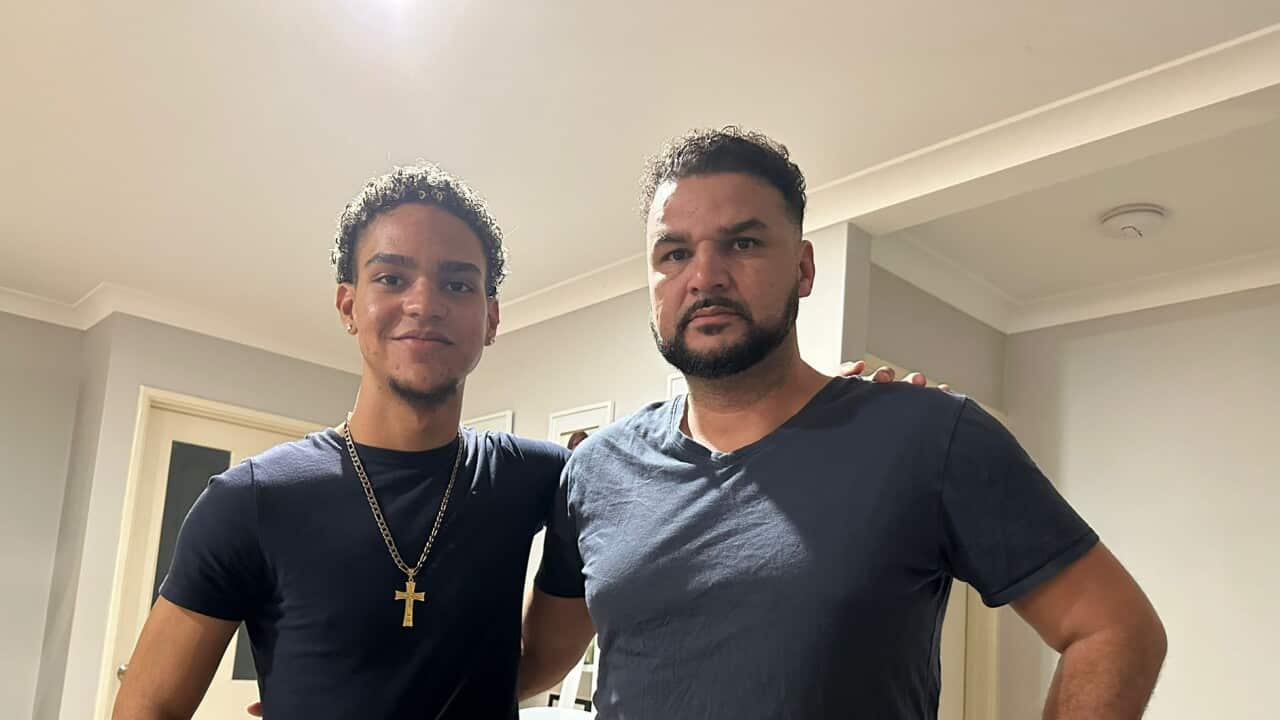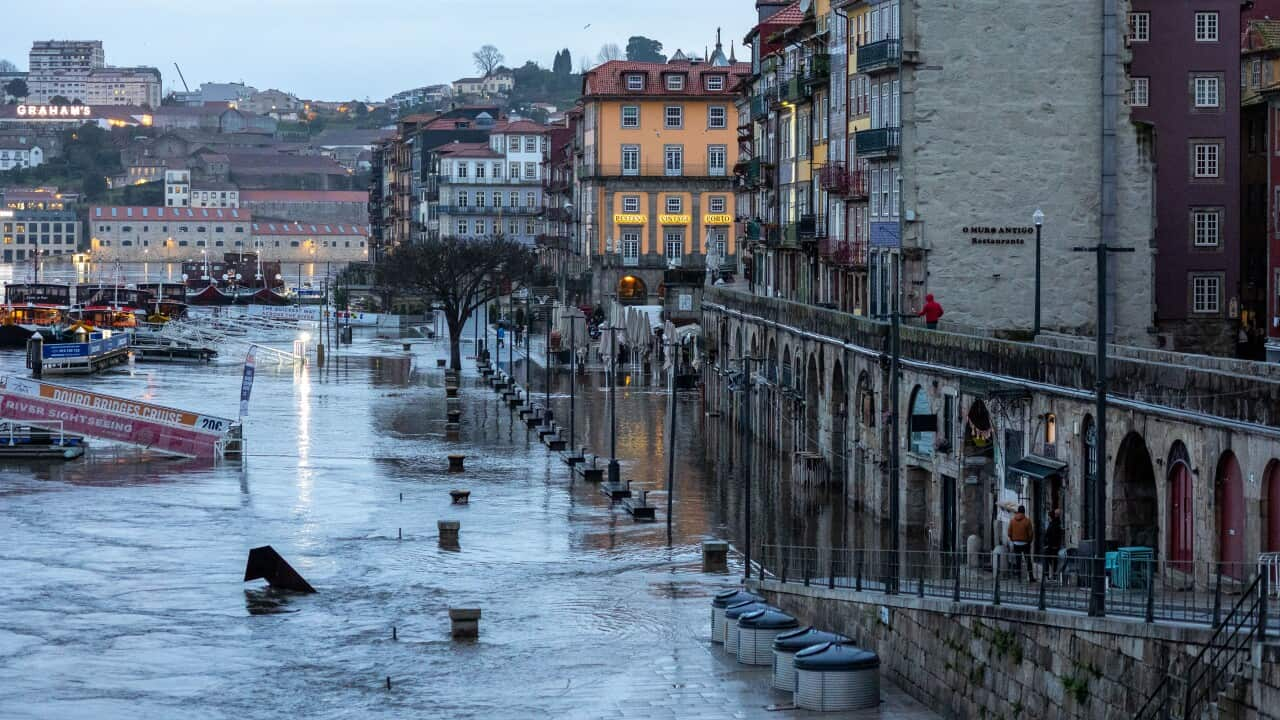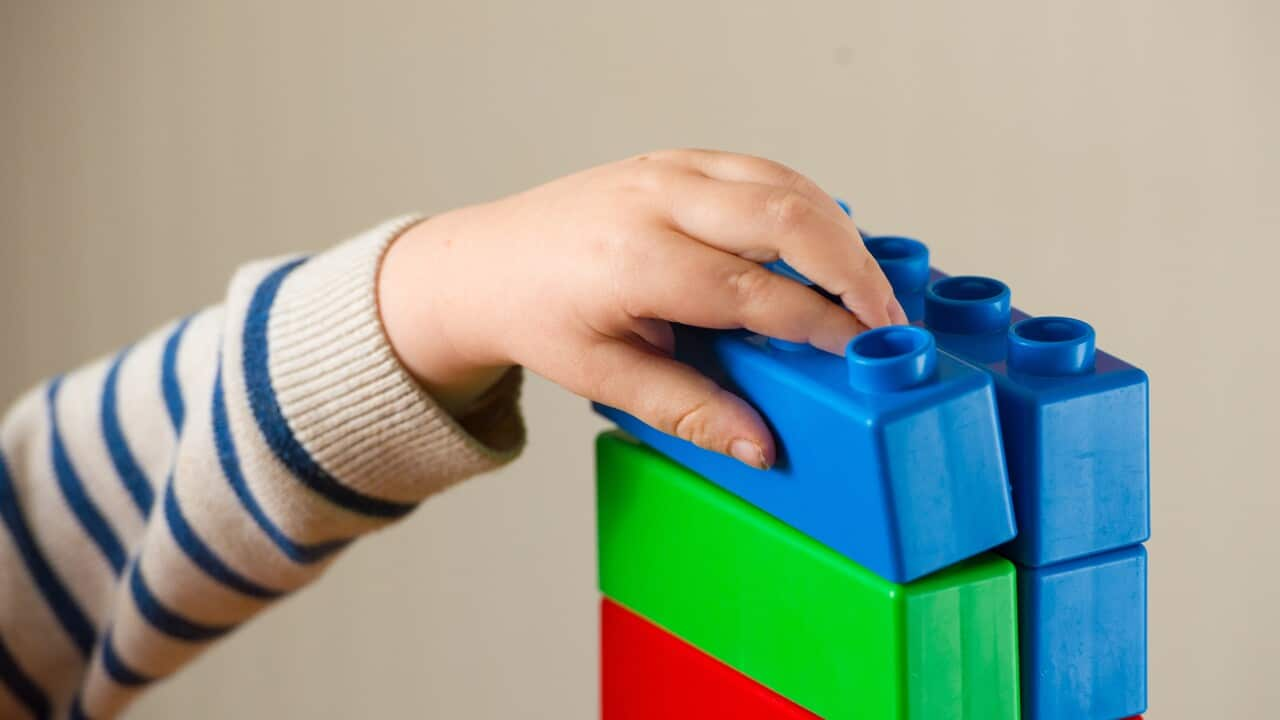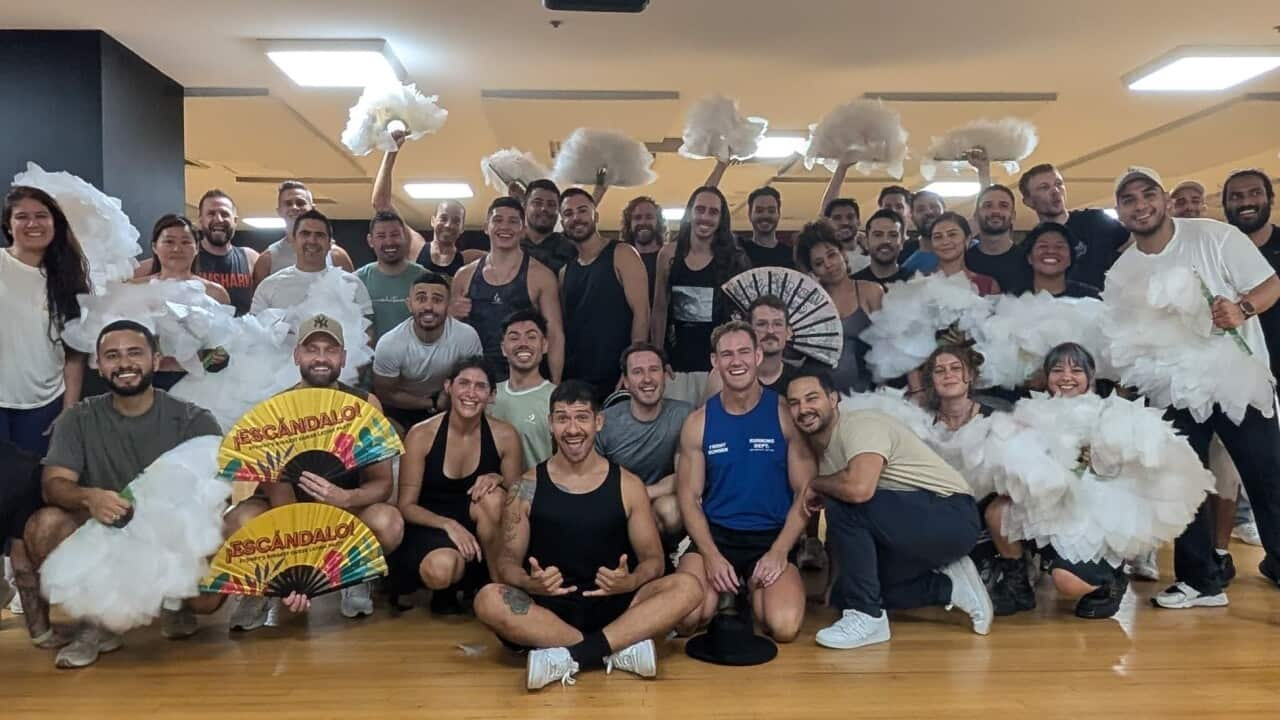*To read, listen or watch the video of this story in Portuguese click here SBS Portuguese
The March for Australia took place across several cities on 31 August. Arthur joined friends to document the protest, wearing a Brazil national soccer shirt as he filmed interviews with participants.
“I went to the protest because I wanted to stand up for myself and people like me — to show who I am,” he told SBS Portuguese.
“The atmosphere was tense from the start. People were shouting and pointing, but I held my ground. Wearing my Brazilian jersey was my way of saying I belong here.”
At first, the exchange seemed calm. One protester told Arthur: “Every single person is an immigrant at the end of the day. Unless you're an Aboriginal or Torres Strait Islander, you're an immigrant in this country.”
For the group of teenagers documenting the rally, it seemed under control at first, until the situation started escalating and Arthur was physically assaulted by one of the alleged protesters.
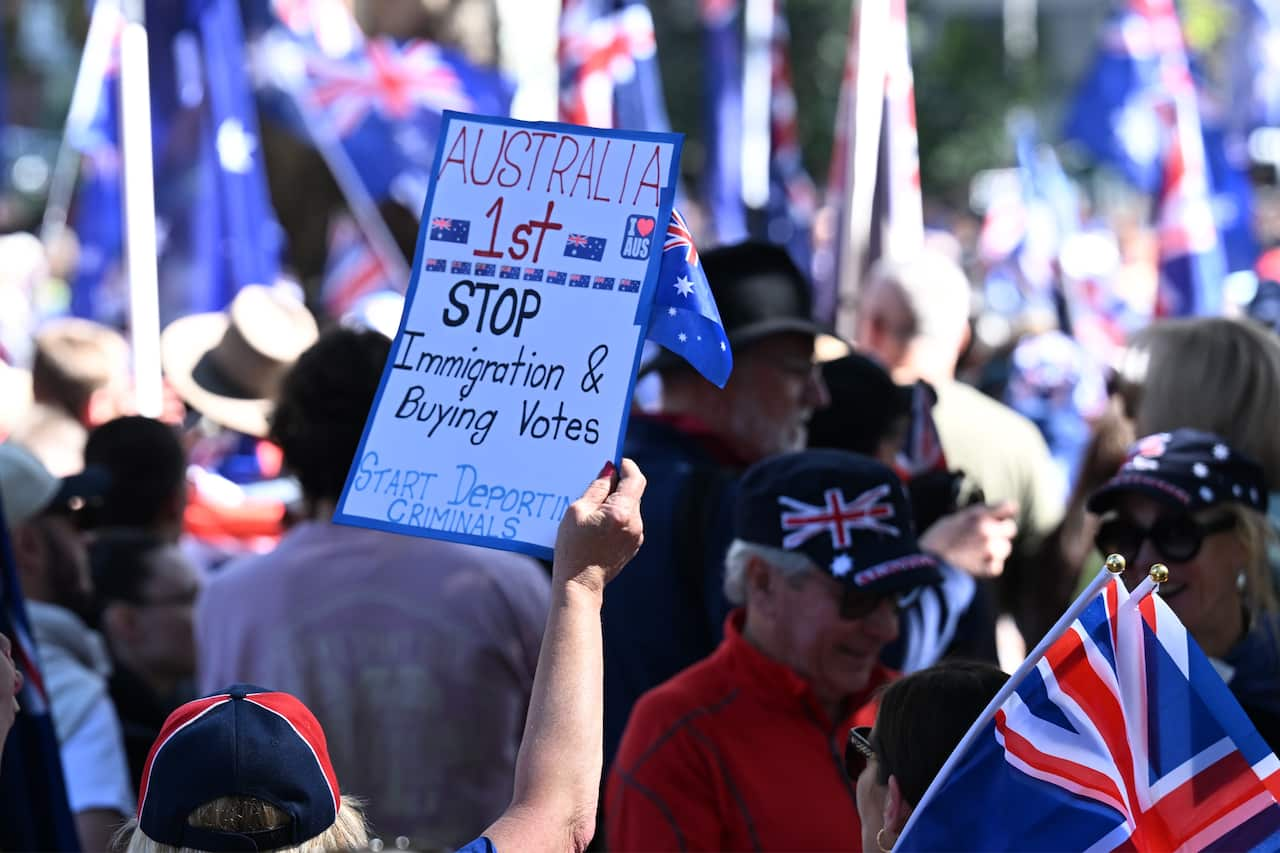
"Physically, It Was Painful — But Emotionally, It Was Worse”
Footage from the incident shows a man shouting homophobic and xenophobic slurs at Arthur, telling him to “go back to his country”.
Despite realising he was being filmed, the man grabbed Arthur by the throat and threatened to hit him with a skateboard as bystanders looked on.
A man suddenly came toward me. At first, I thought he was just going to yell, but then he lunged and grabbed my neck. Physically, it was painful, but emotionally it was worse. I wanted to stay strong, but it shook me.Arthur
Arthur decided not to report the alleged assault to police.
“I’ve grown up knowing how complicated the system can be for people on temporary visas,” he said.
“Even as a victim, contact with the police can feel risky. There’s always the fear it might affect our residency process. I wanted people to see the reality for themselves — that being attacked just for wearing a Brazilian jersey is not normal.”
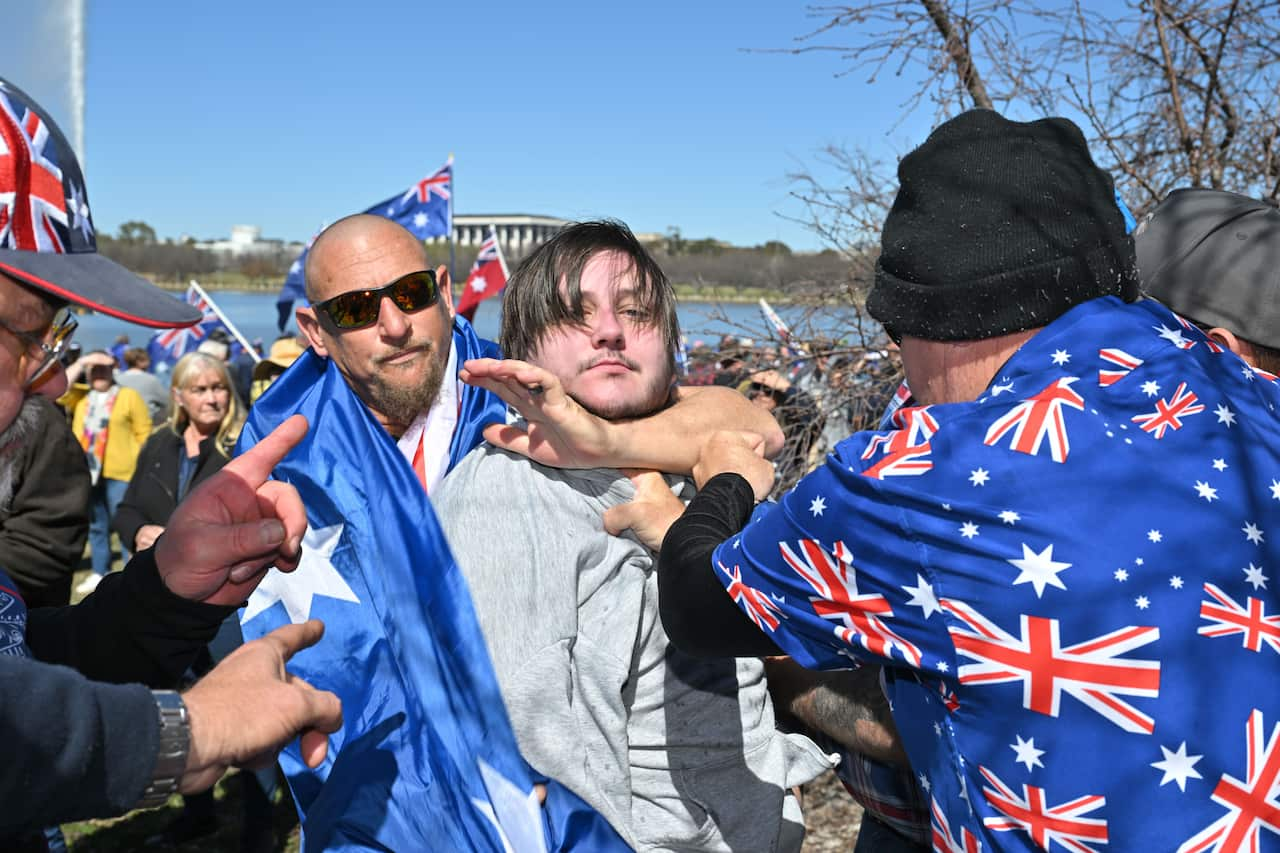
“That Hug Meant Everything”
After the attack, another protester — who also identified as a supporter of the anti-immigration rally — approached Arthur but this time, to offer comfort.
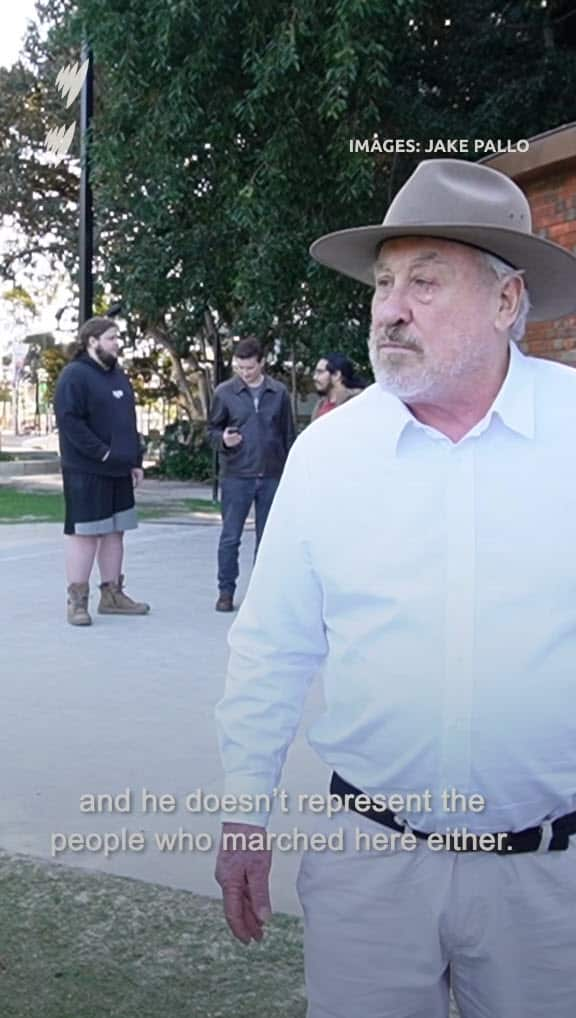
“I’m here to stand up for the people of Australia,” the man said. “But you didn’t deserve this. This is a free place. You have every right to be here. That man doesn’t represent us.”
Arthur said the brief embrace that followed meant more than words.
That hug was short, but it meant everything,” he said. “It reminded me that even in moments of conflict, humanity exists.
Growing Up Without Citizenship
For Arthur, the incident underscored a lifelong sense of uncertainty.
“Growing up here wasn’t easy,” he said. “Kids made fun of my accent and how I spoke English. I tried to fit in, to be seen as equal, but privilege isn’t guaranteed when you don’t have citizenship. I’ve lived in limbo most of my life — between cultures, between systems.”
He dreams of the day he and his family can finally call Australia home.
“I want to become an Australian citizen because this is where I’ve grown up, built friendships and found my place,” he said. “For us, citizenship isn’t just paperwork. It’s recognition of our contribution and our belonging.”
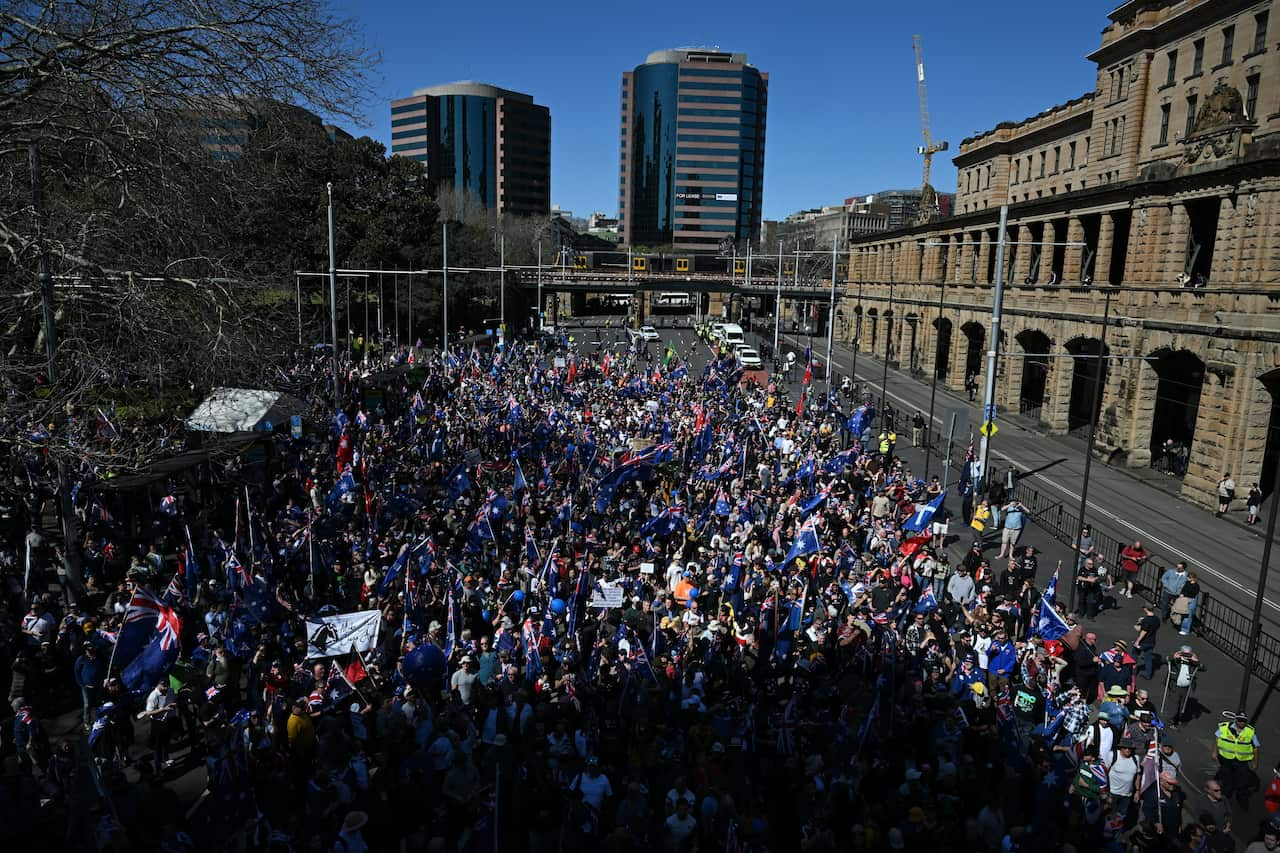
“As a Father, I Was Worried”
Arthur’s father, Marcelo José Macedo, a software engineer, said watching the video of the alleged assault was confronting but not surprising.
“As a father, I was worried when he said he wanted to go to the protest,” Marcelo said. “After watching the video, I wasn’t shocked. I’ve seen enough to know racism and prejudice exist everywhere — but it still hurts.”
He said life without permanent residency has placed his family in constant uncertainty.
“My children can’t afford university because international fees are too high. My wife dreams of studying again, but that’s out of reach. Even renting a home is harder — landlords see our visa and think we’re unstable.”
“Working, Contributing, and Waiting”
Marcelo said that while anti-immigration protests can feel discouraging, his family remains hopeful.
“Many people don’t realise how much migrants contribute to Australia’s economy and society,” he said. “We’ve followed every rule, built our lives here, and want to be part of this country’s future. But moments like this remind us that acceptance isn’t guaranteed.
“Still, we keep going — working, contributing and waiting.”
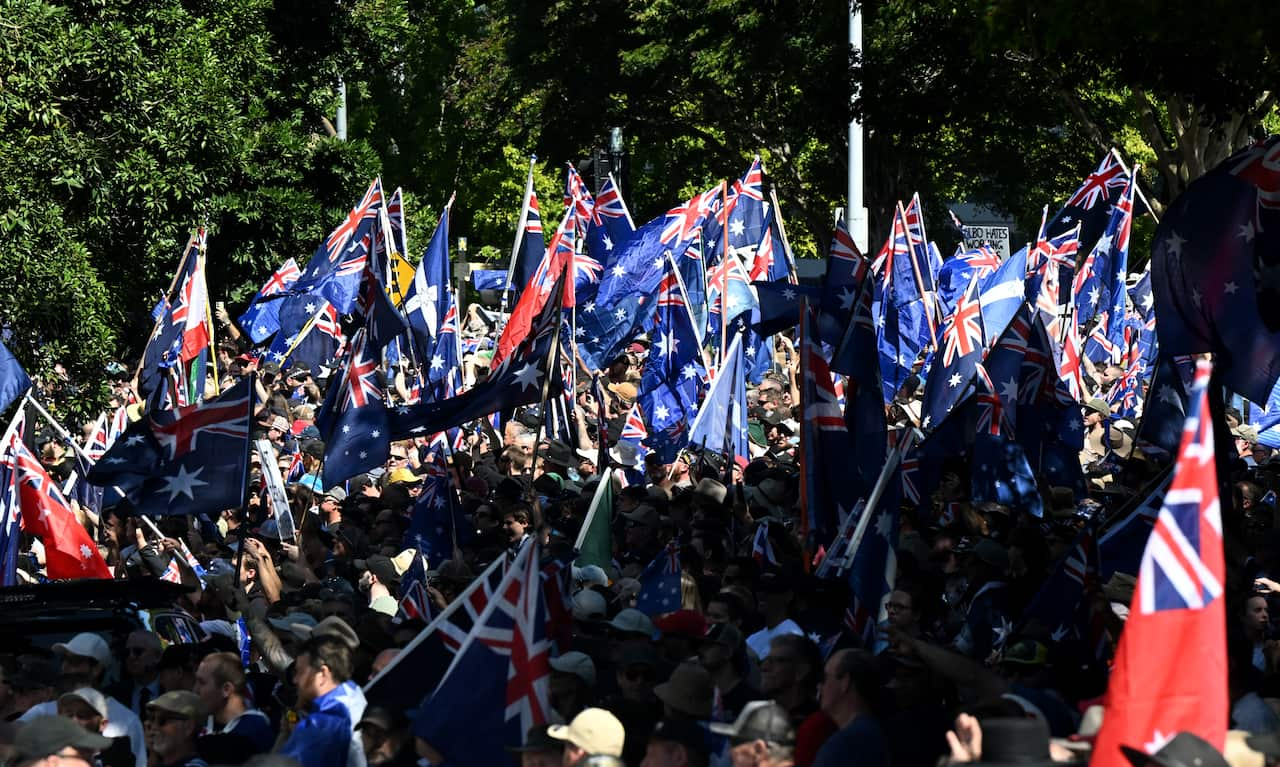
Beyond the Statistics
According to the Australian Bureau of Statistics, nearly one-third of Australia’s population — around 8.6 million people — was born overseas. The federal government has said skilled migration remains essential to addressing labour shortages and supporting economic growth.
To listen, click the 'play' button on this page.
Follow SBS in Portuguese on Facebook, Twitter, Instagram and You Tube.
